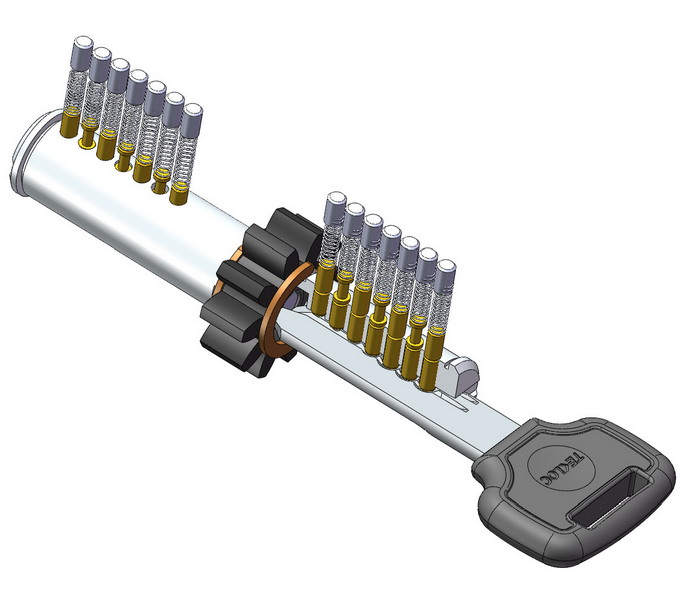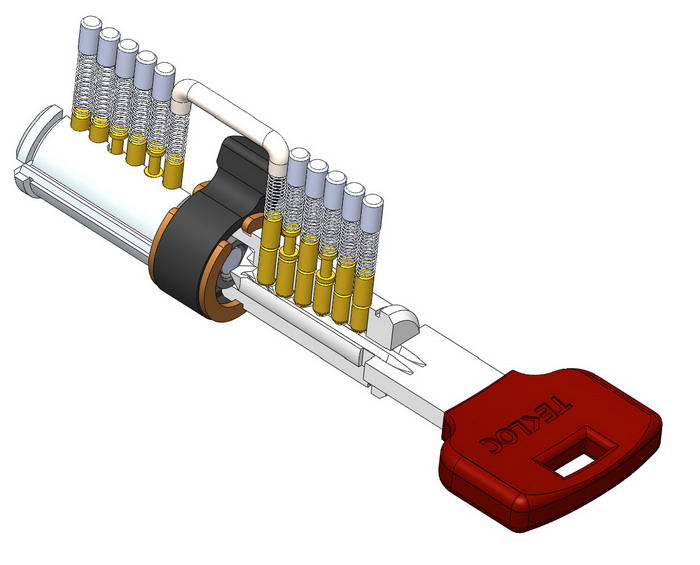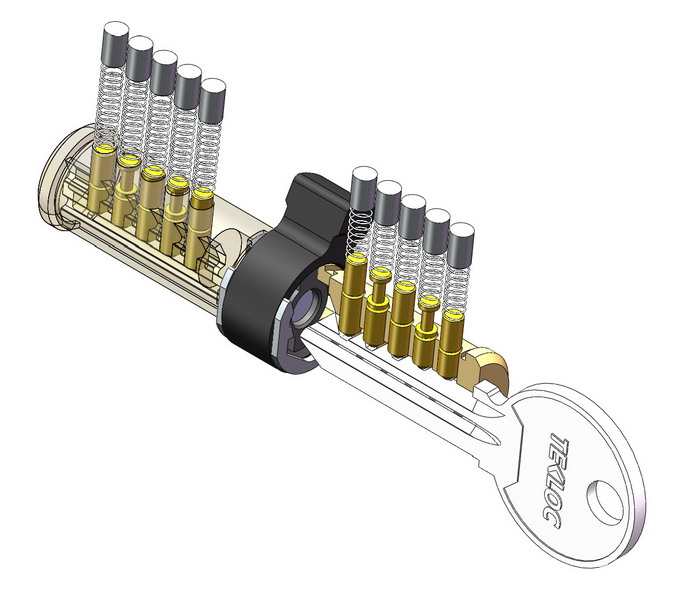The simplification of market cognition and even the conflicting sentiment are serious. The exchange rate choice and judgment without autonomy have increased the unfavorable paradox of exchange rate depreciation. The expectation of psychology and choice chaos highlights the direction. The RMB depreciation is largely cognitive and paradox. the result of.
Recently, China’s RMB exchange rate has continued to depreciate, and even caused the market to expand its fear of RMB depreciation. In the past week, the RMB depreciation has approached the 2% range many times, and the risk of the down limit has intensified. Although the RMB has not broken through our self-discipline target level, the reason for the RMB trend is already very clear.
The depreciation of the yuan against the dollar has expanded. In fact, the root cause is not the change of the RMB exchange rate, but the difficulty of getting rid of the US dollar. The new high of the US dollar appreciation is the key to the depreciation of the RMB. The change of the Singapore exchange rate system is also the depreciation trend of the RMB connection. No matter whether the euro or the renminbi or even the Singapore dollar, it is impossible to get rid of the hegemony of the dollar, and the exchange rate between the euro and the renminbi against the US dollar is depreciated. The appreciation of the renminbi against the euro is very complicated and not so simple.
Including the European Central Bank's re-relaxation measures, the results of the Greek elections, etc., all show that global liquidity is expanding, and the global risk outbreak is facing challenges. Coupled with the size of the European Central Bank's countermeasures and the difficulty of the implementation of the European Central Bank, one of the major difficulties faced by the European central bank policy is that implementation is difficult to implement. In such a complex environment, the appreciation of the renminbi has intensified, and the level of sudden break of 7 has made the market judgment more chaotic.
Under the external environment pressure, the main domestic economic data is sluggish, the future economic expectations continue to decline, and the major industry data deteriorates significantly. The current round of RMB depreciation is actually accompanied by the deterioration of major economic data and the depreciation, endogenous economic factors. The depreciation of the RMB has become inevitable.
In fact, China's policy guidelines have clearly understood the risk of long-term unilateral appreciation of the renminbi. The bilateral situational measures of self-control and self-discipline are the key to guiding and managing exchange rate trends. However, the simplification of market cognition and even the conflicting sentiment are serious. The exchange rate selection and judgment without autonomy have led to an increase in the unfavorable paradox of exchange rate depreciation. The expected psychology and choice chaos highlight the unclear direction. The RMB depreciation is largely cognitive and The result of public opinion.
At present, the characteristics of the financial hot economy are very conspicuous. It is difficult to accept the trend and expectation of RMB depreciation without the physical and financial investment of the whole entity. In particular, China's stock market situation has increased the complexity of the exchange rate, but in fact, the self-contained system of China's stock market and exchange rate does not have a close correlation, and the induction from psychological factors is the key.
But in fact, currency depreciation is actually positive for economic entities. After all, the depreciation of the renminbi has driven the progress and growth of foreign trade enterprises. The rise of foreign trade companies in the stock market has shown its effectiveness. The problem is that the long-term unilateral appreciation of the renminbi has already fatally hurt the competitiveness of Chinese enterprises. The channels and channels of the external environment have been seriously damaged, and the replacement has already taken advantage. Nowadays, even if our renminbi depreciates, the value of the renminbi is overestimated. Secondly, the competitiveness of enterprises is insufficient. The recovery of foreign trade by exchange rate changes alone is difficult to achieve. We not only need to sort out the exchange rate process, but also need to step up the recovery of competitive advantage. The advantage needs to turn to the comprehensive improvement of the quality competitiveness of technology research and development.
The sinister degree of the global financial market, especially the foreign exchange market, has become increasingly apparent, and China’s exchange rate is also difficult to escape. In addition, the inertia and rationality of China's exchange rate have been severely damaged, the endogenous repair is severe, and the extensional competition complexity is increasing. The risk challenge of RMB depreciation lies in the clearing and exertion of the focus and focus, not only a price expectation, More value discovery, including corporate competitiveness, production creativity, and business return.
In fact, the exchange rate has always changed from its own development to its own profit and income protection. Suitable for yourself is the key to the exchange rate, and controlling risk is the most important exposure of the exchange rate.
Be wary of the risk of RMB exchange rate depreciation
In 2015, the RMB exchange rate against the US dollar has depreciated. Just opened on January 26, the renminbi against the US dollar fell to a halt, and for the first time broke the 2% target volatility limit. On the same day, both onshore and offshore renminbi prices fell sharply, especially on the shore of the renminbi plunged more than 200 points, the lowest hit 6.2531, a new low in the second half. In the next few trading days, the renminbi remained weak, and the median price remained at 6.1335 on the 29th.
In the past 10 years since the implementation of the exchange reform in China, the renminbi has been showing an appreciation trend. Although this has increased exchange pressure on corporate exports, it is objectively conducive to the rise of the domestic economy. However, just as the RMB against the US dollar faced an important moment of falling below the “6†last year, the trend of the RMB has gradually reversed. This is directly related to the end of the QE (quantitative easing) policy in the United States. During the climax of the international financial crisis, the United States launched the QE policy three times in a row to promote the depreciation of the US dollar. Since the US dollar is the foreign exchange reserve currency of most countries in the world, this approach is equivalent to transferring the crisis to countries around the world. After the end of the QE policy in the United States, the US dollar began to enter the appreciation channel, and the renminbi also depreciated.
The depreciation of the renminbi has brought new uncertainties to the Chinese economy that is undergoing transformation. One of the most striking results is that it will lead to a decline in China's ability to absorb international investment, rising import costs, and thus import inflation. In the face of the depreciation of the renminbi, international capital that has traveled in the Chinese market will also flow out, which may lead to a fall in asset prices such as the stock market and the property market. China is actively pursuing foreign investment, but after the depreciation of the renminbi, foreign investment will use the US dollar more. In the context of the appreciation of the US dollar, investment costs will naturally increase.
This change in the RMB exchange rate over the past year has profoundly demonstrated the truth that the renminbi’s voice is still weak and does not have the strength to shake off the strong currency of the US dollar. Faced with this situation, China's long-term goal should be to accelerate the internationalization of the renminbi in order to increase the status of the renminbi in the international market. In the near term, it should take active measures to prevent and control risks and prevent the renminbi from depreciating. The resulting risks spread and spread.
Euro profile Lock Cylinder is used for Cylinder Lock by unscrews tools. It is easily rekeyed and easy to use with high security.
Advantage:
The main advantage is easy to be removed and mounted without using special tools.
Because the cylinder is profiled euro standard, it can be used for all cylinder lock from different manufacturer. So, once user need to rekey their lock, they just need to change the lock cylinder.
The cylinder in different formats that can all be used the same type of key. This may have the user make the choice of KEY ALIKE SYSTEM,MASTER KEY SYSTEM which were convenience to use with high security.
Type of cylinder
Reversible computer key(also named Dimple key or Hollow coding) lock cylinders. 6pins / 7pins /10 Pins are available to assure the high security. The special device achieve the snapping.
Reversible computer key with snaking key way to supply more code combination. Also, the bump can be resistant.
Telescopic pin cylinder are made for high security , high level quality with big quantity`s combination
Teeth key cylinder with high security.
MK/KA/YKA/GMK are available
The usage of lock cylinder system :
Individually Keyed System(KD)
With an individually keyed system,each cylinder can be opened by its unique key.
Key Alike (KA)
This system allows for a number of cylinders to be operated by the same code key.It is ideally suited to residential and commercial applications such as front and back doors.
Master Keyed (MK)
A master-keyed system involves each lock having its own individual key which will not operate any other lock in the system,but where all locks can be operated by a single master-key.This is usually applied in commercial environments.
Grand Master Keyed (GMK)
This is an extension of the master-keyed system where each lock has its own individual key and the locks are divided into 2 or more groups.Each lock group is operated by a master-key and the entire system is operated by one grand master-key.This is ideally utilized in complex commercial systems.



Euro Profile Cylinder Lock,Brass Euro Cylinder Lock,Euro Lock,Computer Key Lock
Rayma(SJZ) International Trading Co., Ltd. , https://www.raymalock.com